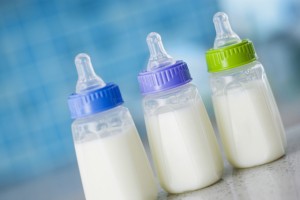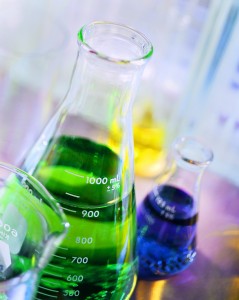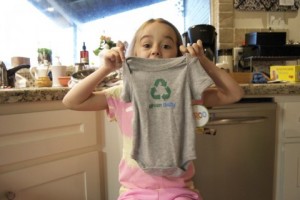We are excited to share the Maine Bisphenol A (BPA) bill has become law! The new law will phase out BPA in baby bottles and reusable food and beverage containers to further protect Mainers from the harmful chemical.
The bill became law without Governor LePage’s signature, who said the worst BPA could do is give some women “little beards.” BPA exposure has been linked to a significant number of health problems, including learning disabilities, behavior problems, breast and prostate cancer, reproductive damage, diabetes, and obesity. The BPA phase out is a common-sense approach to protecting the health and safety of Maine families.

Maine bans BPA from baby bottles and other resusable food containers
Statement from the Environmental Health Strategy Center, April 22, 2011
BPA Phase-Out to Become New Maine Law Today
Governor LePage Decides Not to Sign or Veto Bill Enacted by the Legislature
Use of the chemical BPA (bisphenol A) in baby bottles, sippy cups and other reusable food and beverage containers will no longer be legal in Maine effective January 1, 2012. The Maine Legislature approved the BPA bill April 12th and the measure was sent to Governor LePage for his signature. The Governor had ten days to sign the bill, veto it, or allow it to become law without signature. The deadline for the Governor’s action is the end of the day today and, according to a spokesperson for the Governor, he has decided neither to sign nor veto it so it will become law at the end of the day.
Mike Belliveau, Executive Director of the Environmental Health Strategy Center, a Maine-based public health organization that has spearheaded a campaign in support of the BPA phase-out law issued the following statement regarding enactment of the new law:
"It's great for Maine kids and families that the BPA phase-out has been finalized. It's also sad that the Governor didn't listen to the overwhelming scientific, Legislative and public support and actually sign the phase-out himself.
This phase-out of BPA was the common sense thing to do. The scientific evidence of harm from BPA and the availability of safer alternatives was overwhelming. It's a fight that was really over before the Governor ever picked it.
The major source of BPA exposure for babies and children right now is infant formula and baby food packaging. The Governor may get another chance to decide if he stands with Maine families or with the chemical industry if a phase out of BPA for those sources comes to his desk in the next few years."
BPA was identified as Maine’s first priority chemical under the Kid-Safe Products Act. State and federal scientists have linked BPA exposure to harmful effects on brain development, behavior and the prostate gland among other health concerns. Governor LePage identified overturning the BPA rule as part of his environmental rollback proposal released in January and made national news when he wrongly stated that the worst BPA could do is give some women “little beards”. The new law received overwhelming bipartisan support with a vote of 35-0 in the Senate and 145-3 in the House of Representatives.








